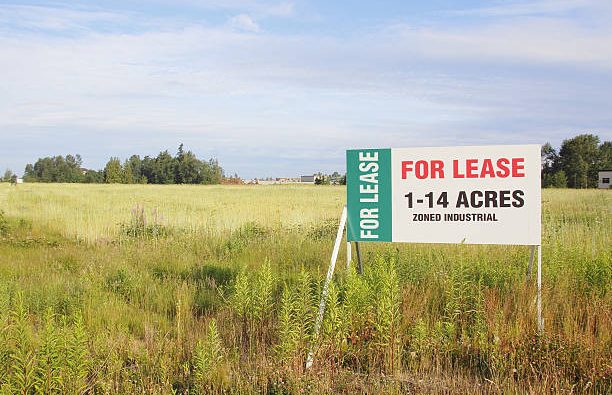
 When it comes to buying land, the adage “location, location, location” rings true. Selecting the perfect plot involves careful consideration of various factors to ensure it aligns with your needs and goals.
When it comes to buying land, the adage “location, location, location” rings true. Selecting the perfect plot involves careful consideration of various factors to ensure it aligns with your needs and goals.
Aspects to Consider When Choosing Land
1. Define Your Purpose:
Before beginning your search, clarify your objectives for the land. Are you planning to build a home, start a business, or invest for future development? Understanding your purpose will guide your selection process and help narrow down options that best suit your needs.
2. Accessibility and Convenience:

Consider the accessibility of the land in terms of transportation links, proximity to amenities, schools, healthcare facilities, and shopping centers. Easy access to essential services enhances convenience and adds value to the property.
3. Neighborhood and Community:
Evaluate the surrounding neighborhood and community dynamics. Research factors such as crime rates, school districts, community amenities, and overall quality of life. Choose a location that aligns with your lifestyle preferences and long-term aspirations.
4. Zoning and Regulations:
Understand the zoning regulations and land-use restrictions applicable to the area. Verify whether the land is zoned for your intended use and inquire about any development restrictions or building codes that may impact your plans.
5. Natural Features and Terrain:

Assess the natural features and terrain of the land, including elevation, soil quality, drainage patterns, and vegetation. Consider how these factors may influence construction, landscaping, and potential environmental concerns.
6. Future Development Potential:
Research future development plans and trends in the area. Look for signs of growth, infrastructure projects, and urban expansion that may increase property values over time. Investing in a location with upward potential can yield substantial returns on investment.
7. Environmental Considerations:
Conduct environmental assessments to identify any potential hazards or ecological sensitivities associated with the land. Evaluate factors such as flood risk, soil contamination, protected habitats, and wetlands that may impact development feasibility.
8. Budget and Affordability:

Establish a realistic budget for purchasing the land and factor in additional expenses such as closing costs, property taxes, and site preparation. Determine affordability based on your financial situation and explore financing options if needed.
Choosing the right land involves a comprehensive evaluation of location, accessibility, neighborhood dynamics, zoning regulations, natural features, development potential, environmental considerations, and affordability. By carefully weighing these factors and aligning them with your needs and goals, you can make an informed decision that lays the foundation for your future endeavors.












